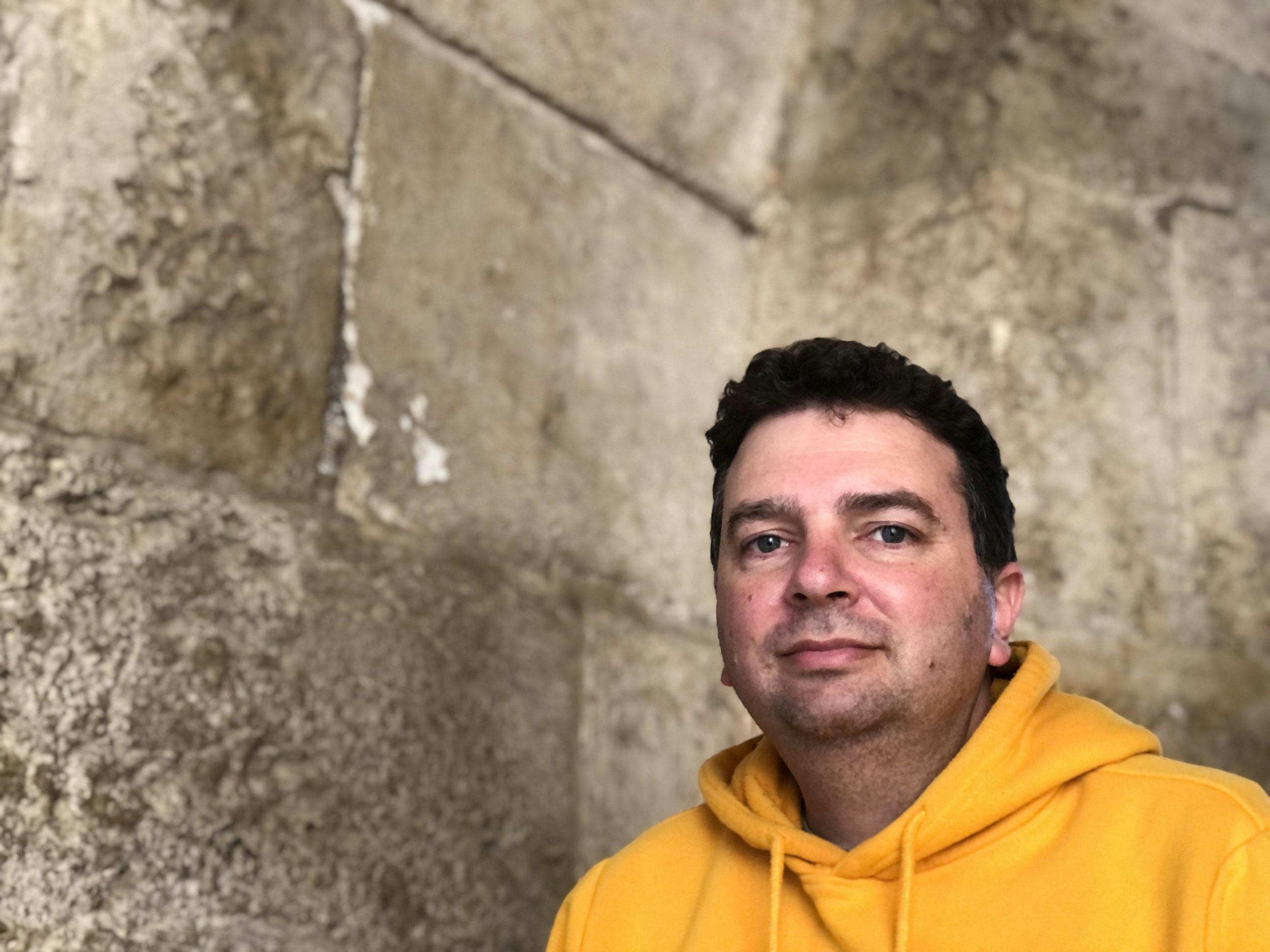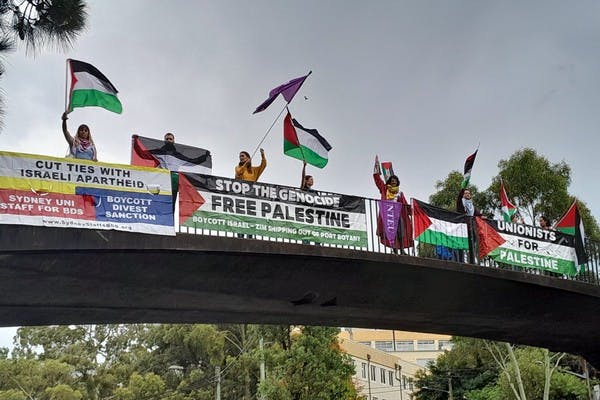Published: 29 December 2018
Last updated: 4 March 2024
The Gaza Youth Committee, founded in 2010, believes that connecting Gaza’s youngsters with their peers oversees is crucial for giving them a sense of hope in an increasingly hopeless environment. The Committee now boasts over 150 participants aged 10 to 40 from across the isolated 360-square kilometre Gaza Strip.
Manar Sharif, 21, entered the Gaza Strip from Egypt in early 2017 to volunteer with local children and gain experience as a journalist. A native of Damascus, Syria, soon after joining the Youth Committee she participated in her first activity: sending 150 doves across the border to Israel with messages of peace tied to their legs.
“The idea was to convey to the outside world, and Israel in particular, that Gaza still has some people who believe in peace,” Sharif said in a Skype call from Gaza. “There aren’t that many, but we try to assemble those who exist and distance them from the problems. It’s difficult, because we must overcome the influence of TV, their families, and the things that happen inside Gaza.”
In addition to English classes, a big part of Sharif’s work is straightforward emotional counselling. “People here feel very isolated. They sense that no one in the outside world cares about them; it’s a real prison here.”
“Children from impoverished areas like Shujaiyeh have been deeply affected by the war. You can see violence in their behaviour,” she added. “We visit primary schools every week and find that children in Gaza have stopped dreaming.”
Some 70% of Gaza’s population of nearly 2 million are under the age of 30. According to the World Bank, unemployment levels among this population have reached a staggering 60%, compared to a general average of 44% in the Gaza Strip.
“The youth here in Gaza have lost their hope in governments and in NGOs. NGOs here in Gaza that purportedly work with the youth have brought no change.”
Rami Aman, 37, founded the Youth Committee with a mix of political and social objectives in mind. A Cairo-trained IT engineer, his work as a fixer for Russian TV station Russia Today brought him close to “the man on the street.” Following Operation Cast Lead in 2008-9, which left large sections of Gaza in rubble, he felt it was time to act.
“We started meeting with all the political factions, offering them solutions to the conflict,” he recalled, “but we found none of them have any vision.”
[gallery columns="1" size="large" ids="25136"]
Aman began organising demonstrations calling for an end to the state of division between Fatah and Hamas in 2011. But Hamas police quickly blocked the demonstrators, even firing in the air.
But the reaction of European representatives in Gaza to Aman’s ideas was no less disappointing than that of the local Hamas government.
“We would here on TV every day that the EU supports the two-state solution, but what have they done on the ground? Nothing.”
“I told them: ‘We don’t need food aid, we need intellectual aid’. It was the first time they’d heard of such a thing.”
Aman said he was incensed by the billions of dollars spent by the international community on buildings and cars belonging to local organisations, “with zero results to show for them.” The United Nations has also not responded to his calls for facilitating meetings between Israelis and Palestinians, despite their political and financial investment in the Palestinian Territories. Employees of UNRWA have been illegally selling food aid intended for refugees and clearly marked “not for sale,” he accused.
“The UN is playing a negative roll,” Aman concluded.
Nevertheless, Aman decided to take things into his own hands. In 2014, he initiated a series of video conversations between residents of Gaza and Israel, titled “Skype with your enemy.” The initiative came about following a meeting between Aman and an Israeli woman named Ruth Kristina Vasileva at a conference organised by Yala – Young Leaders, a grassroots coexistence initiative.
The Skype dialogue began between 40 personal acquaintances of Aman and Ross but continues today with over 200 participants so far. The result, he said, was astounding.
“Instead of cursing your enemy on Facebook, our idea was to set up a video link and let people to say what they have to the other’s face. Obviously, when people meet face to face for the first time, their opinions change.”
For reasons of political sensitivity, Aman does not publicise the initiative, and neither do his Israeli counterparts. Today, he said, members of the group call each other up individually when they feel like chatting “with the enemy.”
Aman’s goal is to eventually develop a cadre of young leaders who will fill positions in all sectors of Gaza’s life, both public and private, as well as the arts.
“The people of Gaza are simple and peaceful people, all they need is to be given a chance.”
Main photo: Rami Aman (in middle) with Gaza youth group (Elhanan Miller)




